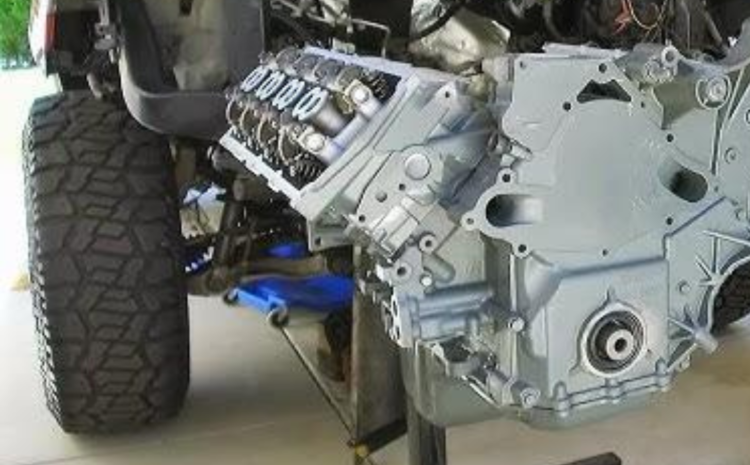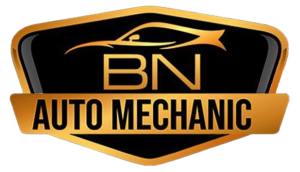
Engine Replacement
Repair and Maintenance of Vehicle Engines
Introduction
The engine is the heart of any vehicle, and its proper repair and maintenance are crucial for the vehicle’s performance, efficiency, and longevity. Regular servicing helps prevent breakdowns, improves fuel efficiency, and ensures the engine operates smoothly. BN Auto Mechanic specializes in professional engine repair and maintenance services, ensuring vehicles run optimally.
Engine Repair
Engine repair is necessary when components wear out, malfunction, or fail due to prolonged use or lack of maintenance. Various factors can lead to engine problems, including overheating, lack of lubrication, poor fuel quality, and wear and tear.
Common Engine Issues and Their Causes
- Overheating – Caused by coolant leaks, a malfunctioning thermostat, or a broken water pump.
- Loss of Power – Can result from clogged fuel injectors, worn-out spark plugs, or faulty sensors.
- Knocking Sounds – Often due to low-quality fuel, carbon buildup, or incorrect ignition timing.
- Excessive Smoke from Exhaust – White smoke indicates coolant leaks, blue smoke suggests oil burning, and black smoke signals a rich fuel mixture.
- Oil Leaks – Caused by worn-out gaskets or damaged oil seals.
Engine Repair Procedures
- Diagnosing the Issue – Using diagnostic tools to detect fault codes and assess engine performance.
- Component Replacement – Worn-out parts such as spark plugs, fuel injectors, and timing belts are replaced.
- Engine Rebuilding – In cases of severe damage, the engine may need to be disassembled and rebuilt with new components.
- Cleaning and Flushing – Carbon deposits and sludge buildup are removed to improve efficiency.
- Lubrication and Sealing – Ensuring all moving parts are well-lubricated to reduce friction and wear.
Engine Maintenance
Preventive maintenance is key to extending engine life and avoiding costly repairs. BN Auto Mechanic recommends regular servicing based on manufacturer guidelines.
Essential Engine Maintenance Practices
- Regular Oil Changes
- Engine oil lubricates moving parts and prevents wear.
- Change oil every 3,000 to 5,000 miles or as recommended.
- Use high-quality oil suited to the vehicle’s specifications.
- Checking and Replacing Filters
- Air filters prevent dirt from entering the engine; replace every 12,000-15,000 miles.
- Fuel filters ensure clean fuel supply; replace as per service schedule.
- Inspecting the Cooling System
- Check radiator, coolant levels, and hoses for leaks.
- Flush coolant system periodically to prevent overheating.
- Spark Plug Maintenance
- Replace worn-out spark plugs to maintain efficient combustion.
- Inspect ignition coils and wires for damage.
- Belt and Chain Inspection
- Timing belts and chains ensure synchronized engine operation.
- Replace them as recommended to avoid engine failure.
- Battery Maintenance
- Clean battery terminals to prevent corrosion.
- Test battery voltage regularly to ensure reliable starting.
- Exhaust System Inspection
- Check for leaks or blockages in the exhaust system.
- Ensure catalytic converter and oxygen sensors function properly.
Conclusion
Proper engine repair and maintenance are vital to keeping a vehicle running efficiently and safely. BN Auto Mechanic provides expert diagnostics, repairs, and servicing to enhance vehicle performance and longevity. Regular maintenance reduces the risk of breakdowns, improves fuel economy, and extends engine life. By following a routine maintenance schedule and addressing issues promptly, vehicle owners can enjoy a smooth and trouble-free driving experience.
